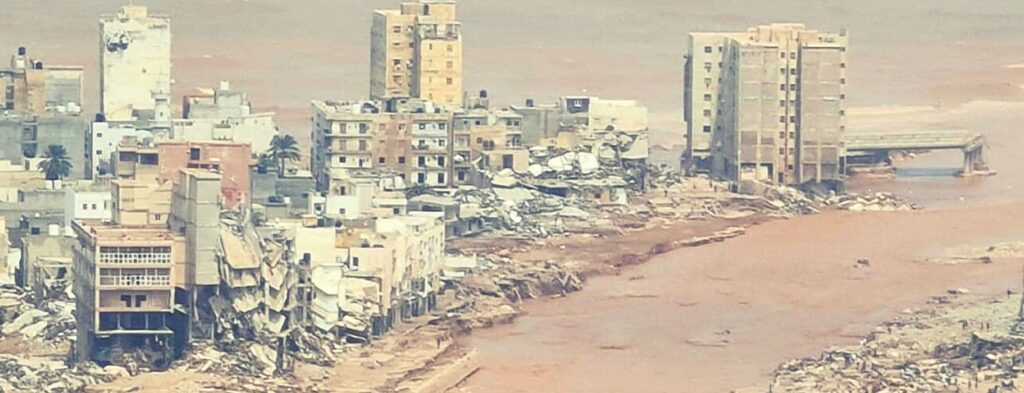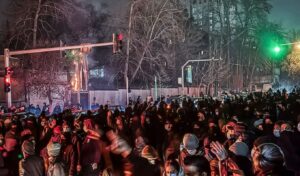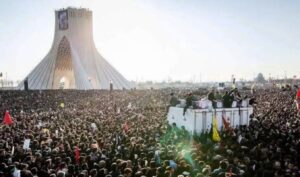The base of the UN mediation mission (UNSMIL) in Tripoli, Libya, came under rocket attack on Thursday evening, with the projectile landing nearby without causing damage or injuries, according to statements from the Interior Ministry and the United Nations mission. UNSMIL “was informed of a rocket strike near its compound during the briefing by the Special Representative (of the UN in Libya) Abdoulaye Bathily to the Security Council,” according to a statement posted on X.
Additionally, the Interior Ministry in Tripoli announced that an “attempted attack with an SPG missile was prevented thanks to the vigilance of police forces and security forces.”
Describing the attack as a “dangerous precedent” that occurred simultaneously with the special representative’s briefing, the ministry also stated that it “developed a robust plan to secure the headquarters of UNSMIL and other diplomatic missions.”
The projectile hit “a house in the city of Janzour (a suburb of Tripoli), without causing damage,” according to the ministry, which said it seized a pickup truck carrying two other missiles and a launch pad. “The competent authorities are working to identify the suspects in order to arrest them and bring them to justice,” it said.
Libya: “The mission headquarters was not affected by the incident,” UNSMIL confirmed
“The mission headquarters was not affected by the incident,” UNSMIL confirmed, thanking the authorities for “the swift measures taken to conduct a thorough investigation and ensure the security of United Nations facilities.”
The Government of National Unity based in Tripoli and recognized by the UN “condemned in the strongest terms the failed attempt to target the headquarters” of the mission, describing it as a “serious act aimed at endangering security and stability and harming Libya’s relations with the international community.” The government reiterated its “commitment to building professional and unified security forces and ending the phenomenon of illegal armed group formation.”
Following the overthrow and death of dictator Muammar Gaddafi in 2011, Libya remains unstable, with two rival governments vying for power: in the western part of the country, the government of Abdulhamid Dbeibah, which enjoys international recognition, and in the east, a rival administration supported by powerful warlord Khalifa Haftar.
In May, during violent clashes in Tripoli between government forces and armed groups – which the government undertook to disband – eight people were killed, according to UNSMIL.
Archive photo




